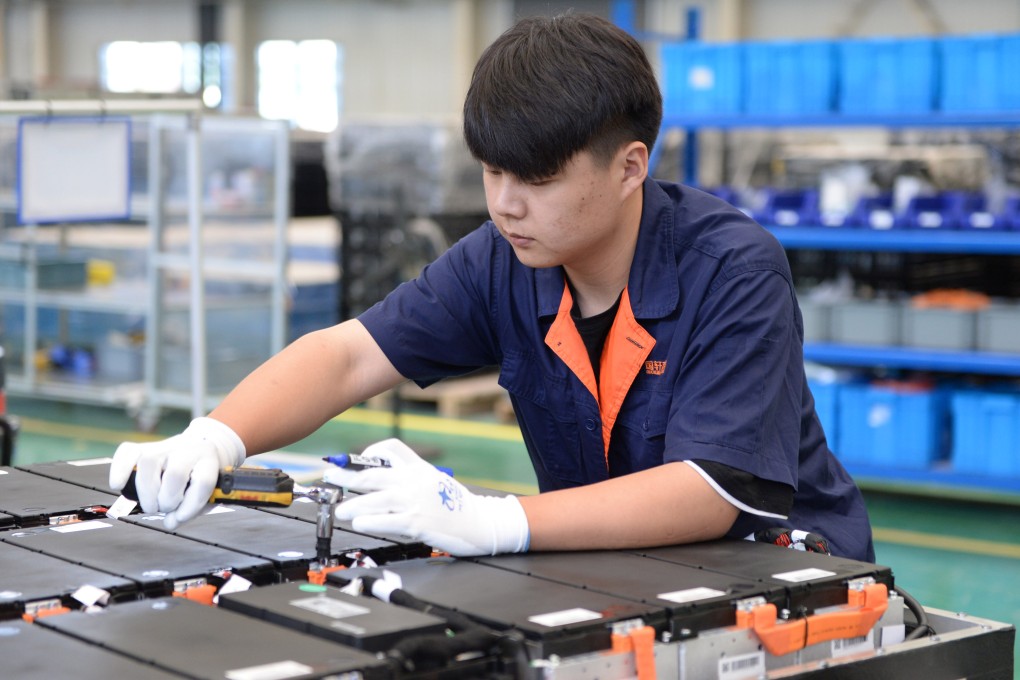Advertisement
Opinion | The EU should exercise strategic autonomy by rethinking China tariffs
- Next month’s EV tariff hike could end up working against Brussels’ own economic and environmental interests
Reading Time:3 minutes
Why you can trust SCMP
2

In a move that has sent shockwaves through the automotive industry and could have far-reaching economic repercussions, the European Commission has decided to impose hefty tariffs on electric vehicles (EVs) imported from China.
Advertisement
This decision follows an investigation initiated last October into whether Chinese EV manufacturers benefited from unfair government subsidies. The European Commission announced it will impose additional tariffs ranging from 17.4 per cent to 38.1 per cent, on top of the existing 10 per cent duty. These tariffs are set to come into effect in July unless China offers satisfactory remedies.
BYD, which competes with Tesla for EV sales, has the lowest additional duty at 17.4 per cent. Sweden’s Volvo owner Geely faces a 20 per cent duty, while SAIC faces 38.1 per cent. Other EV makers will pay a 21 per cent duty rate for cooperating with the European Union probe, while those that did not will be subject to a tariff of 38.1 per cent.
Due to its timing and approach, the investigation has raised questions. Unlike typical trade investigations, it started without a formal complaint from the EU’s automotive industry, making it seem politically motivated. The move appears to be part of European Commission President Ursula von der Leyen’s re-election campaign strategy and broader efforts to “de-risk” from China.
The decision was influenced by subtle but clear pressure from the United States. When US Treasury Secretary Janet Yellen visited Germany on May 21, she urged the EU to align with the US in addressing China’s alleged industrial overcapacity. The swift response from the European Commission with these tariffs seems to align more with US geopolitical strategy than with the interests of Europe’s automotive industry.
Advertisement
Contrary to the European Commission’s stance, major European automotive leaders have openly criticised the tariffs. Ola Kallenius, CEO of Mercedes-Benz, has argued for reducing tariffs and increased competition to produce better vehicles. BMW CEO Oliver Zipse has suggested tariffs will harm European competitiveness.

Advertisement

.jpg?itok=Qexy_wA0)